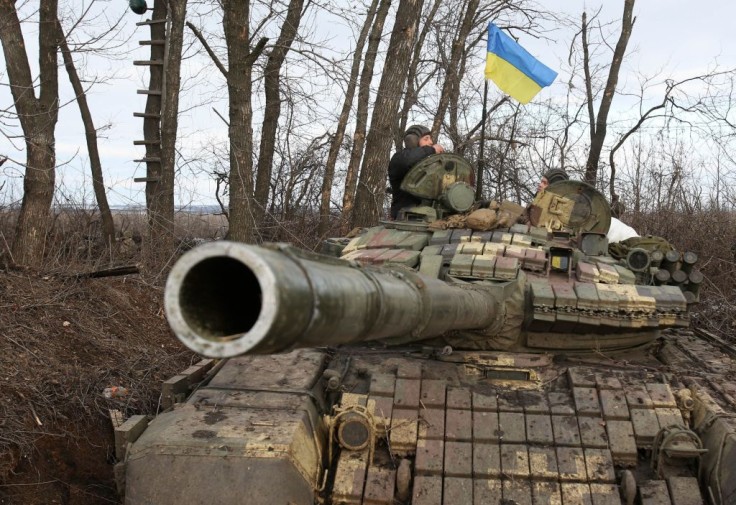
A middle school substitute teacher from Arlington Public Schools in Virginia has been suspended after discussing Russia's Ukraine invasion in class and voicing his support for the Russians.
In an interview with The Washington Post, John Stanton, 65, said that he likely got into trouble because he told his students that he agrees with the logic of Russia's President Vladimir Putin. The teacher believes that Putin "made a rational decision," although it sparked a conflict between two nations.
Stanton also said that he was trying to give his students an alternative viewpoint into the Ukraine and Russia war because he feels it's one that's rarely heard or popular. He suggested that the students follow reports from state-run facilities despite being tagged as propaganda machines.
Parents Say Teacher Was Inappropriate
Concerned parents reportedly complained about Stanton's lectures and "Russian propaganda" in class, especially since he taught Spanish. Some of the other parents also felt it was not an appropriate discussion, given that they have a Ukrainian student in Stanton's class.
Frank Bellavia, the spokesperson for Arlington Public Schools, confirmed that Stanton had been issued a suspension for the "remainder of the year." He received a letter indicating that he spoke of a sensitive subject between Russia and Ukraine. However, the teacher said he does not regret it and will not hesitate to express his opinion again if this means educating one more student.
Reports also cited that Stanton writes for Pravda, a Russian newspaper supported by the Communist Party. His recent piece in the publication mentioned America's alleged control of NATO and the "US-sponsored coup in Ukraine" in 2014.
Stanton could still petition for his reinstatement as a substitute teacher. However, he said it would be a pointless endeavor because there is a "censorship of opinions." However, he warned that sheltering kids with "one-sided information" will bear long-term consequences.
How to Talk to Kids About the Russia-Ukraine Conflict
U.K. psychologist Lee Chambers believes that there is no "one-size-fits-all" style to discuss the Ukraine war as every child will react differently. However, it's important to talk about this conflict as it's in all media accessible to the children, who are like sponges when it comes to absorbing information.
Wendy Rice, another psychologist based in Florida, said that parents must be open to questions from their children, validate their concerns and fears, and focus on their safety. It will help to acknowledge if they express feeling scared, but moms and dads must also find a way to let their children know that it is also fine to express calm and optimism despite what's happening.
Parents should also be aware of the kind of information their kids are exposed to and let them know that there are still people doing what they can to avert the war from escalating further. For older kids, suggesting practical ways to help, such as donating a part of their allowance to war charities, may also give them a sense of empathy.
Related Article: Ukraine Pres. Volodymyr Zelenskyy Lent His Voice to Paddington Bear in Beloved Kids' Movie